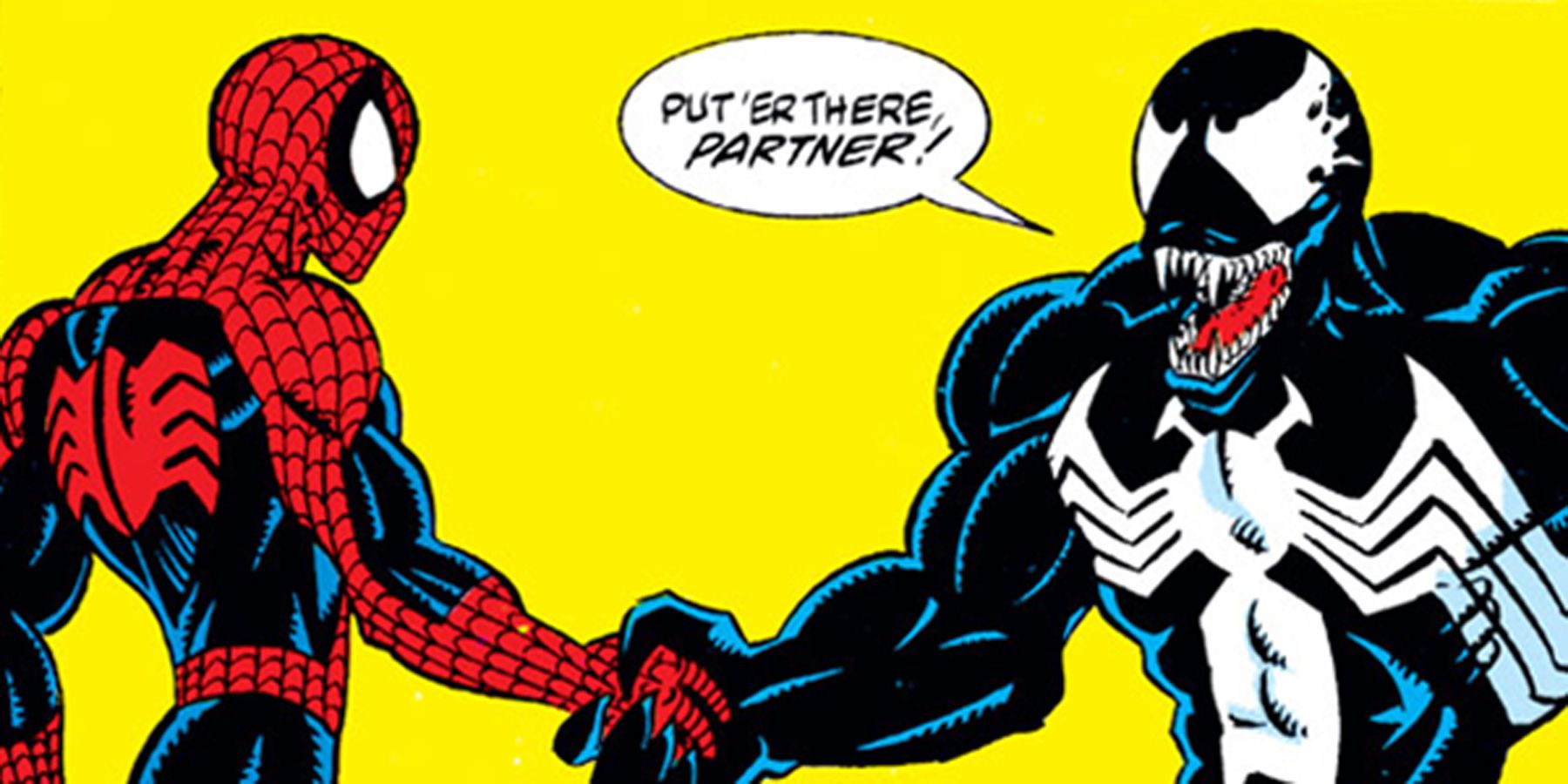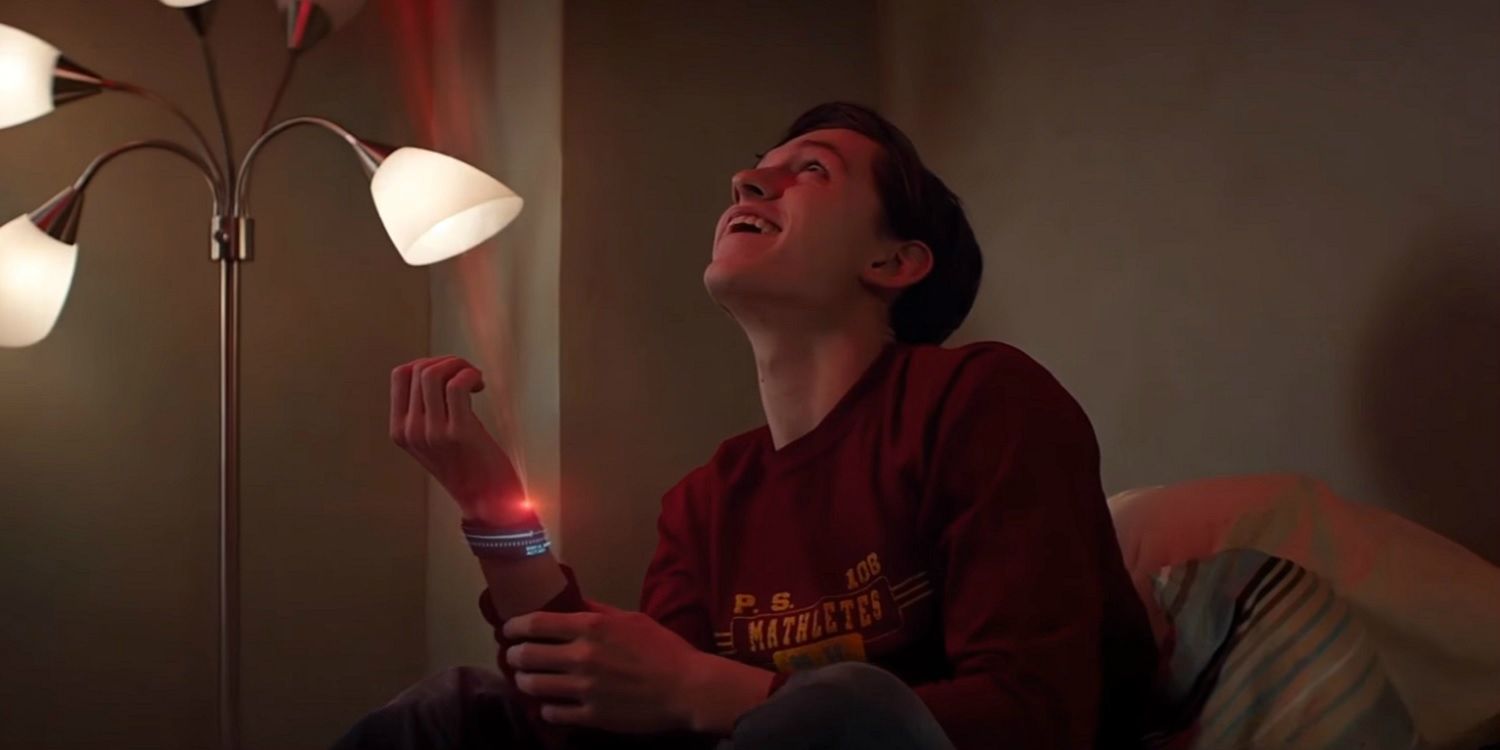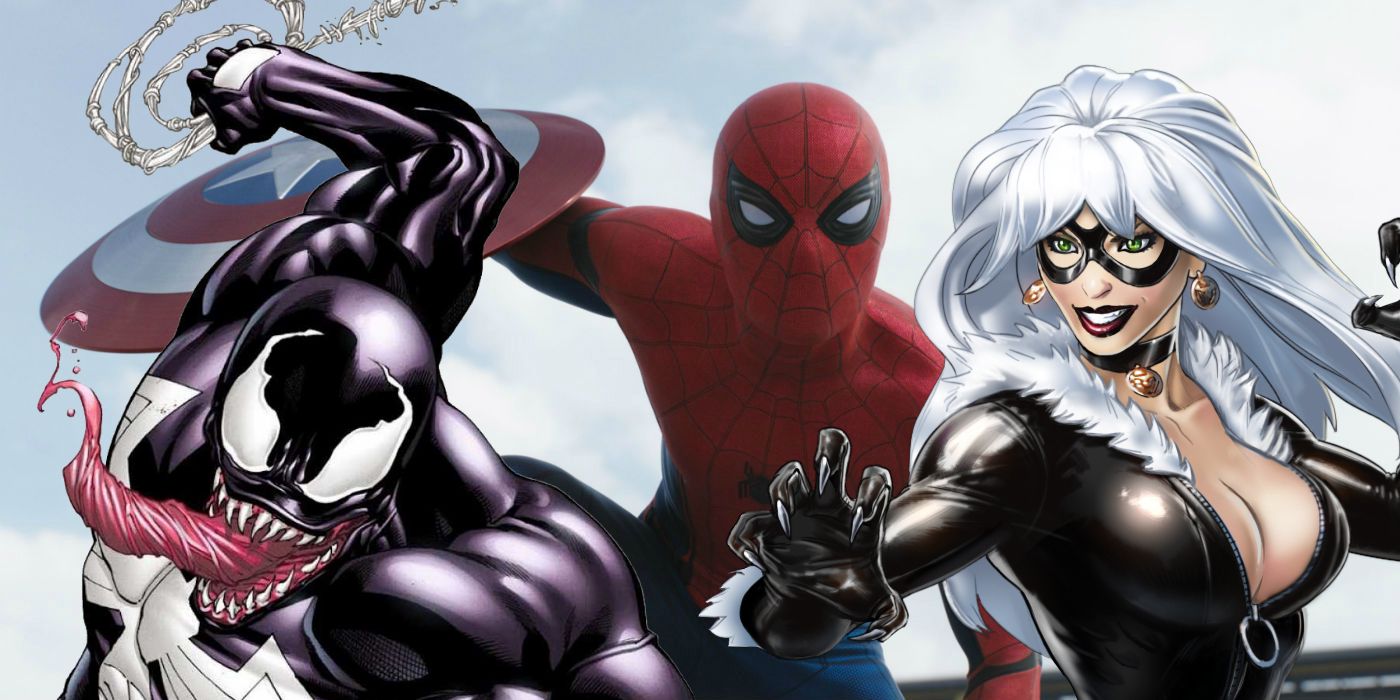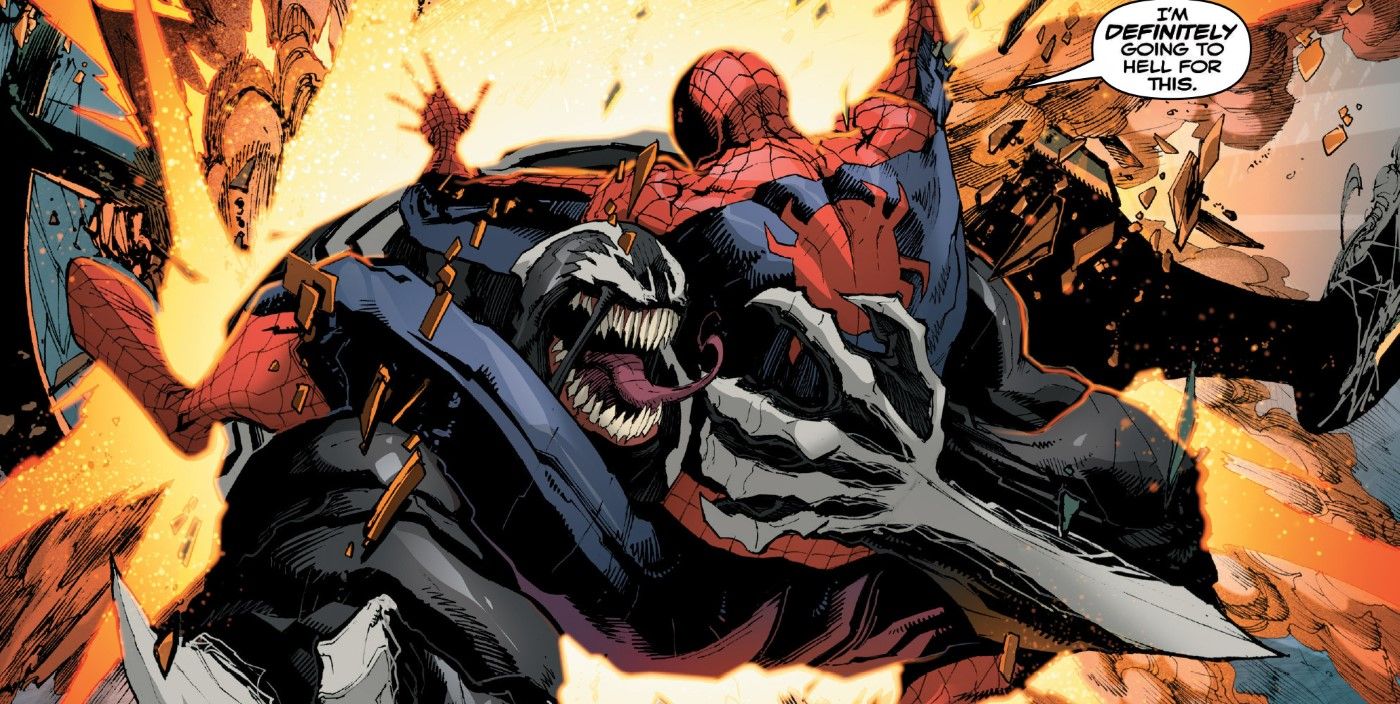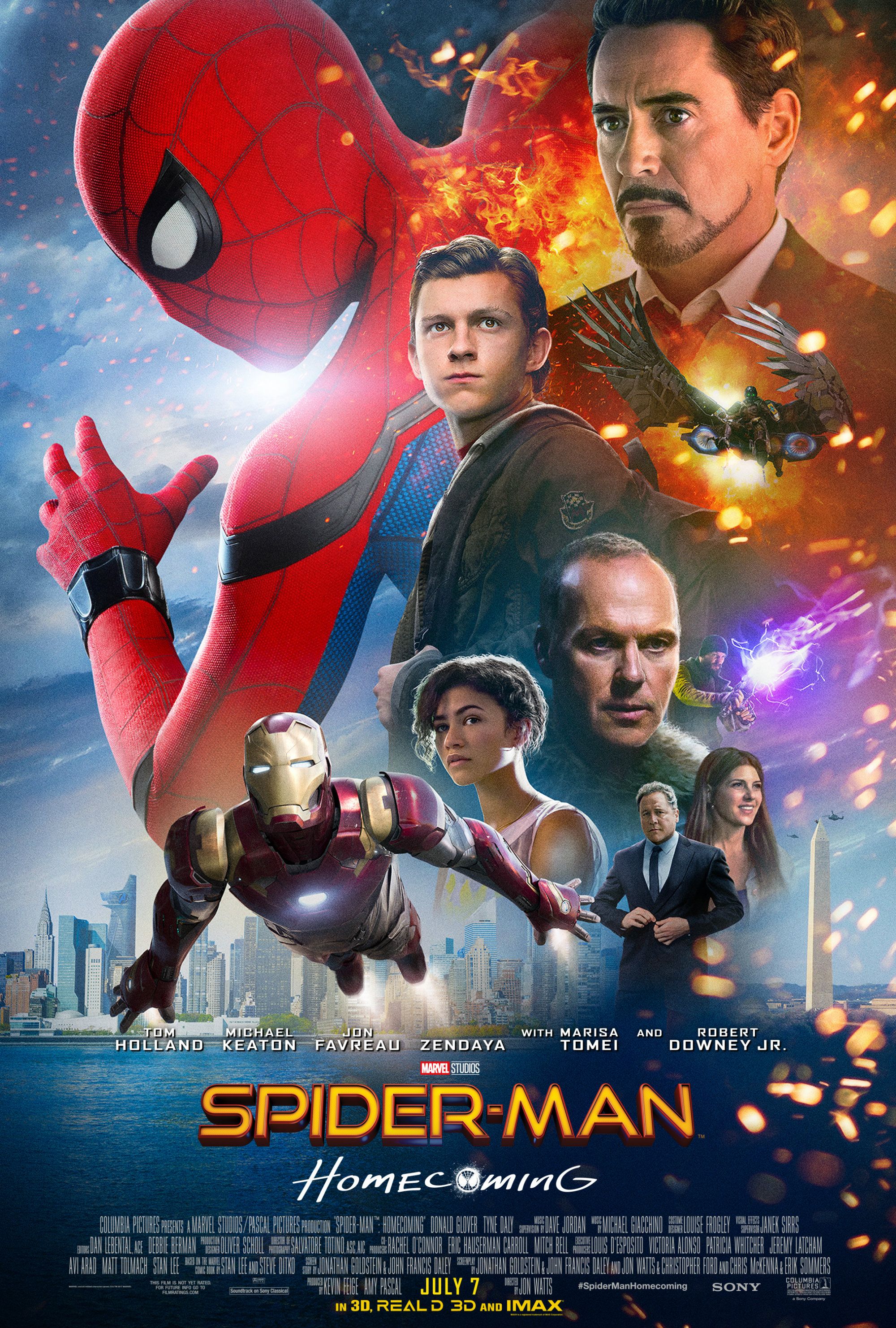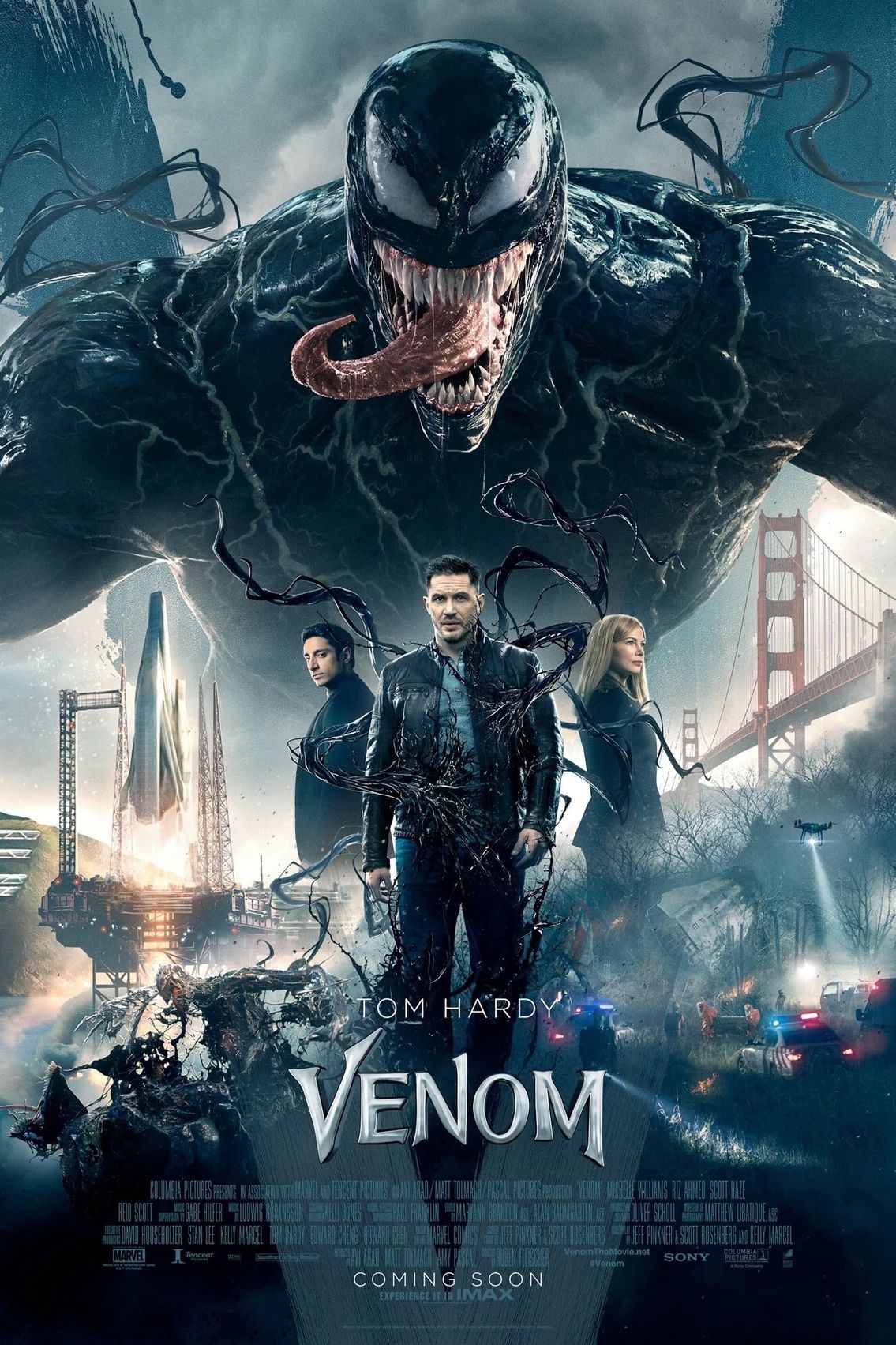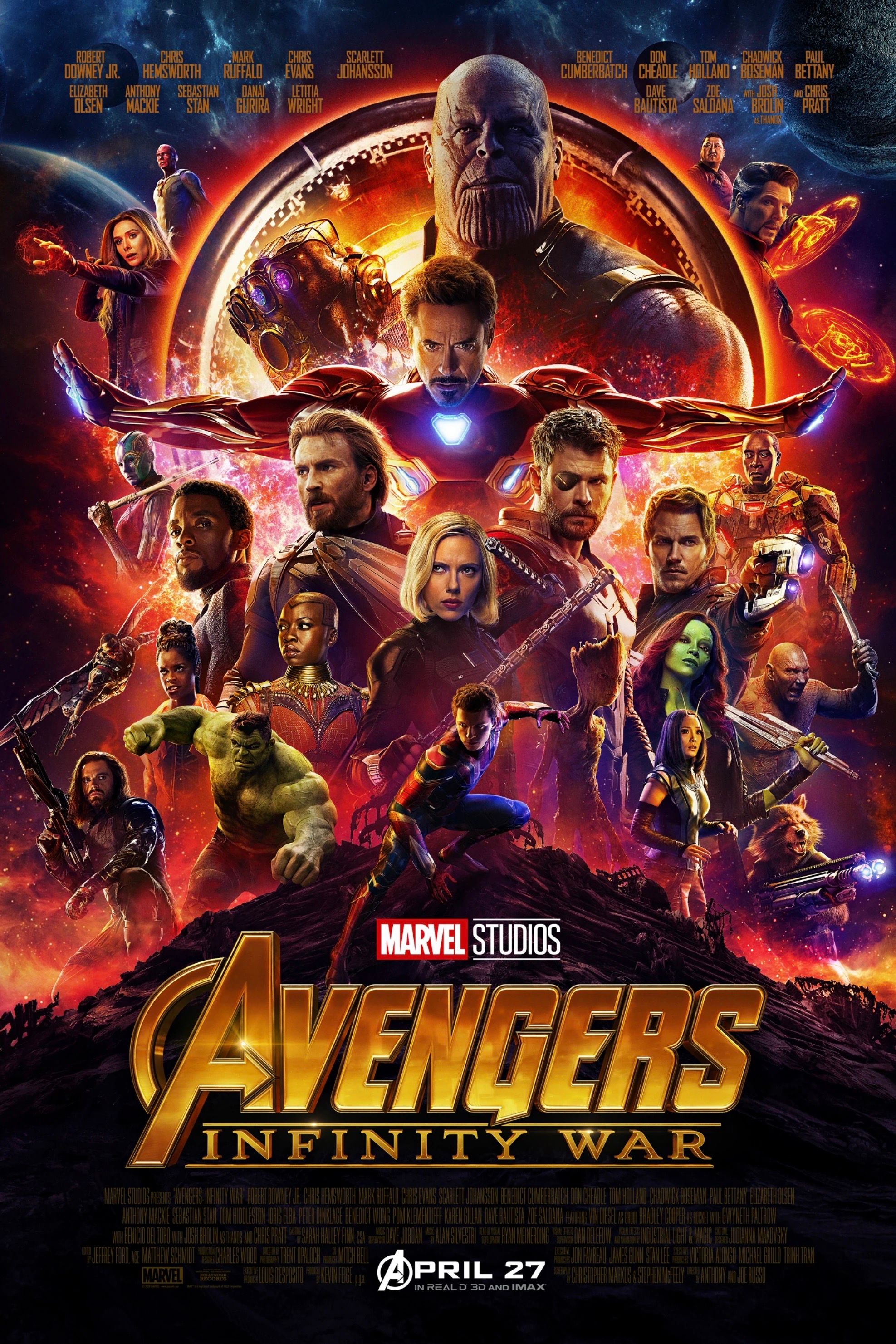Sony’s recent announcement of a Spider-Man-based universe both excited and concerned many Marvel fans. The studio initially threatened another attempt at a Spider-Verse a couple months ago, with Venom and a Black Cat/Silver Sable (Silver & Black) spinoff leading the way. At the time, everyone assumed their character rights agreement with Disney was limited to Spider-Man’s presence in the Marvel Cinematic Universe. Even Marvel Studios president Kevin Feige claimed both film worlds were separate, and they had “no plan for Venom” or any of the related Spider-characters.
However, recent comments made by Sony president Amy Pascal, while speaking at a Spider-Man: Homecoming junket, confused the issue, making it sound like the agreement between Sony and Disney wasn’t as simple as previously thought. Later, Feige downplayed any the speculation, stating that "right now, Spidey is in the MCU and it’s just Spidey." Pascal later corrected her statement as well, explaining that Sony will be a part of the Marvel comic book universe, not the MCU. Both, however, seemed to agree upon a "never say never approach," but confirmed that Spidey and Venom will remain separated for the time being.
Related: Amy Pascal Says Venom, Silver Sable & Black Cat Are Not in the MCU
Nevertheless, Sony's connection to Marvel Studios already runs deeper than fellow Marvel rights-holders 20th Century Fox. If Sony's own cinematic universe pans out, should their Spider-Verse connect with the MCU?
The character-sharing deal between Sony and Marvel seems to be the culmination of both studios’ desire to see Spider-Man’s story done correctly. Countless hours of negotiation finally cemented Peter Parker’s place in the MCU, allowing for his appearance in Captain America: Civil War, Spider-Man: Homecoming, and beyond. Per the agreement, Sony holds Peter's rights and foots the bill for his films (and keeps all the profit), while Marvel guides the web-slinger to success, ideally on par with their other entries. Any other peripheral characters, as well as Sony’s upcoming Spider-based universe, are strictly limited to Sony.
Disney/Marvel Studios filmmakers like Jon Watts and others also insisted that Venom and any upcoming Sony projects aren’t connected to Homecoming or the MCU in general. Of course, creatives don’t have the final say on character interconnectivity. Studio chiefs like Feige do, though. Amy Pascal – as Sony’s Spider-liaison and a Homecoming co-producer, as well as one of the Spider-Verse’s architects – is in a parallel position to the Marvel studio head. So when she told fans about an "adjunct" universe, fandom speculation erupted, much like it did when an earlier statement led many fans to believe that Sony would reclaim Spider-Man soon after his upcoming roles.
Despite refutations, Pascal's earlier statement could suggest a cogent business plan, one that both companies aren't willing to share yet. Their denials of collaboration beyond Spider-Man are understandable, but the topic of a conjoined Spider-Verse-MCU has undoubtedly come up, even in idle studio chatter. If Sony's Marvel efforts do succeed, a more extensive merger would actually serve both companies well.
The Spider-Man usage agreement and X-Men TV co-ventures were already major steps towards (a very slow) Marvel reintegration. Even a so-called parallel universe, one where Spider-Man occasionally swings back and forth between Disney and Sony, in theory, offers intriguing possibilities. Characters like the Vulture, Tinkerer, and Shocker likely took some wrangling to acquire. Even if minimal bleed exists between Sony and Marvel, characters who survive Homecoming could at least get a mention (if not a crossover) in the Spider-Verse. If there’s a permeable membrane to the universes, Venom, Black Cat, Carnage (recently announced as a lead foe in the Venom flick), or even Vincent D'Onofrio's Kingpin could theoretically appear in both shared realms. This would allow Venom to make an appearance in Avengers: Infinity War, as desired by fans and suggested by rumors.
Next Page: [valnet-url-page page=2 paginated=0 text='A%20Shared%20Neighborhood%3F']
This would also let Sony and Marvel reference shared events, like in Luke Cage, which linked the “Judas bullets” – ammo forged from Chitauri metal leftover from The Avengers – back to the MCU without making a big deal out of it. Even without officially merging their film efforts, an evolving relationship between the two entertainment titans would give Marvel closer ties to their own stable of characters, signifying a more fluid connection between two previously assumed distinct franchises.
Even if Sony and Disney’s shared universes merely sail past each other like ships in the night, the concept of two neighboring Marvel universes is slightly more comforting than three entirely disjointed ones. After all, it’s probably too late in the game for FOX to connect with the MCU – even if for some shocking reason, they were inclined to do so. Sony already shares one character in Spider-Man, and per the usage agreement, they'll could have him thwip into their movies from time to time and battle some of his classic nemeses (especially if Kraven the Hunter and Mysterio spinoffs leave the development phase). If Peter does appear, then the Spider-Verse and the MCU will indeed link up, at least by his de facto presence. Even if there are subtle connections, Sony should be able to craft their movies around Disney's fare without affecting continuity in either realm.
Of course, if Sony and Disney decide to connect their movie worlds more extensively, the Spider-Verse knowingly restricts its own world-building efforts. While a perk for the studio from a visibility standpoint, and Marvel devotees, this link is a potential nightmare for producers, writers, and directors trying to craft movies and settings around the MCU, undoubtedly requiring careful study to ensure a lack of contradictions.
Of course, a broader purview between their shared-use agreement defeats would almost defeat the purpose of building two shared universes in the first place. After all, rather than crafting two independent Marvel movie worlds, it would be easier for Sony to hold onto the character’s money-making IP rights while allowing Disney to integrate their stories, or simply sell them off wholesale to the House of Ideas. At this point, the studio seems determined to construct their grittier Spider-Verse alongside Marvel's own.
Of course, a contiguous, yet separate, movie universe would have some mutual benefits. Success for Sony's R-rated realm, similarly to FOX’s wins with Logan and Deadpool, would allow the MCU to retain their all-ages approach while simultaneously catering to an older crowd. Two well-managed, contiguous universes could theoretically keep things fresh and give every movie fan a character to root for. Sony's more adult approach could also interest filmmakers interested in darker characters and Sony's less-happy-go-lucky thematic approach – even if they'd have to rope it in somewhat to match (at least) the Defenders feel. Even if the two universes never officially connect, with Sony only alluding to events and characters from the MCU, there ought to be enough synergy for most audiences to appreciate, without having to draw flowcharts to follow along.
Two separate but attuned universes could actually help Disney as they expand beyond Phase 3, especially if the Mouse House builds from Guardians of the Galaxy and explores their cosmic options. A down-to-Earth Spider-Verse would be a great way to approach thing on two prongs, especially if Tom Holland’s Peter Parker drops by to sort things out from time to time. A relatively more “realistic” universe could theoretically connect with audiences that prefer Netflix Defenders over the classical MCU, through the shared landscape of New York City.
The Marvel Cinematic Universe could be on the verge of something equally curious and exciting – a grand experiment of sorts – and hopefully a noble one. The coming years will determine the value of Sony's own superhero community, as well as whether Feige and Pascal's "never say never" will apply to both studios' efforts. Forging a world-merging alliance based on Disney and Sony's character sharing agreement, if done properly, could prove very interesting for Marvel fans and superhero movie lovers in general.
—
Should Sony join forces with Disney's Marvel Cinematic Universe, or would it be too confusing? Is any step closer to a “unified” MCU a step in the right direction? Let us know what you think!
Next: Sony Planning Mysterio & Kraven Spinoffs
Source: Movie Pilot, Comic Book

